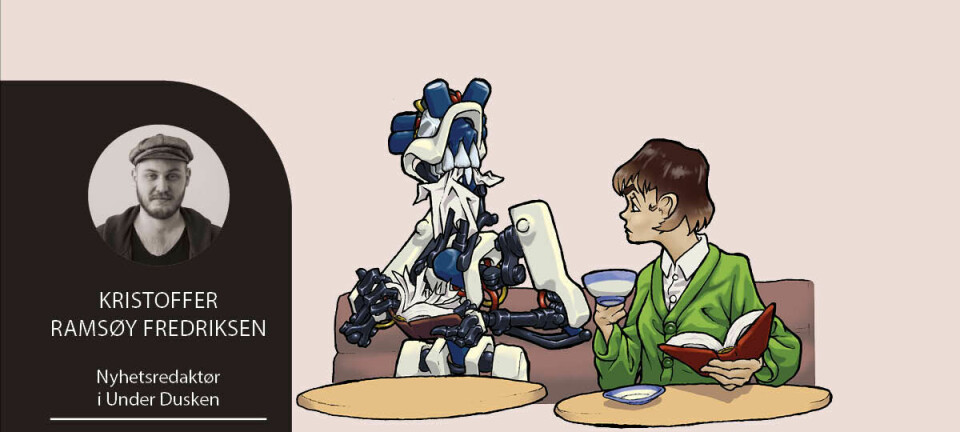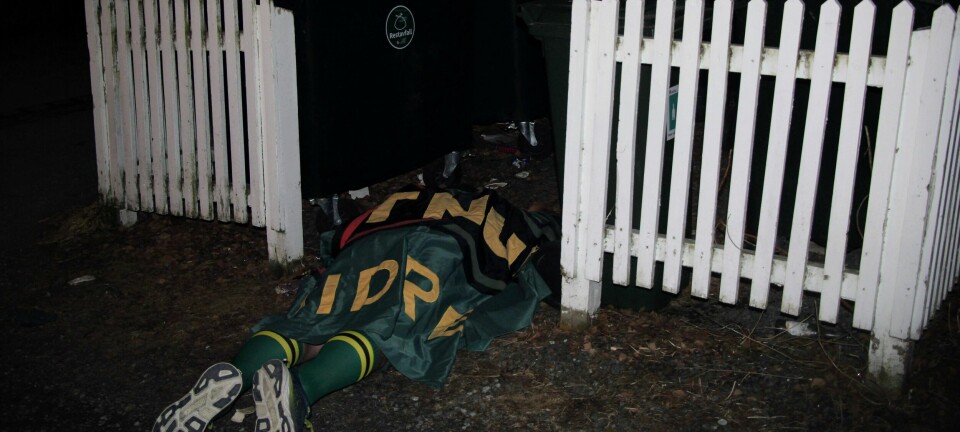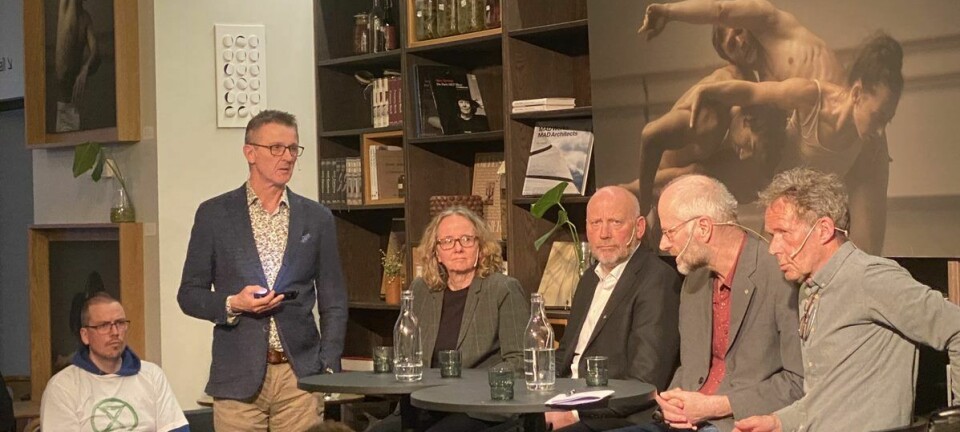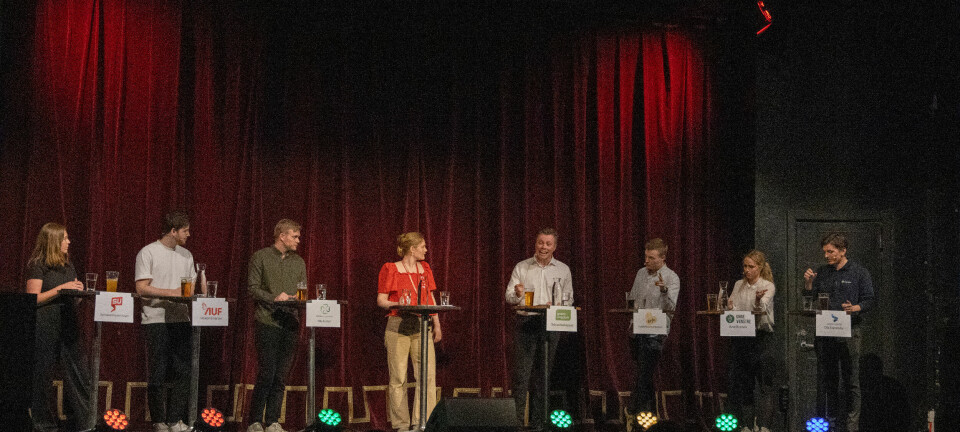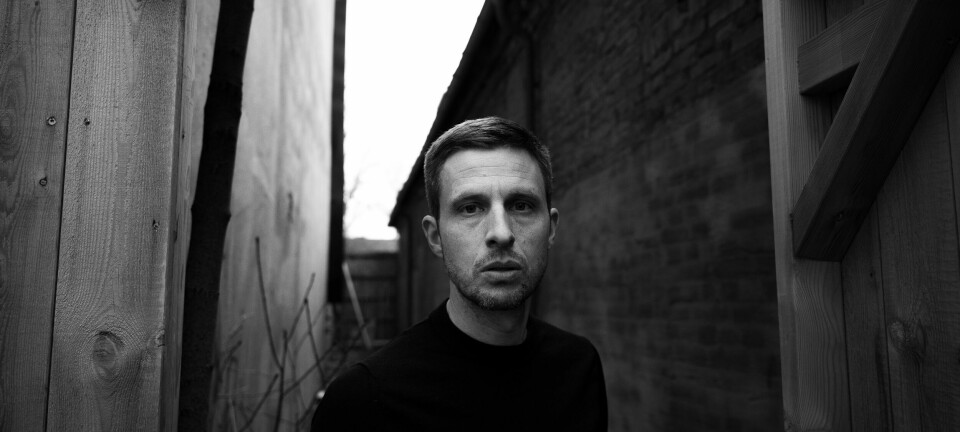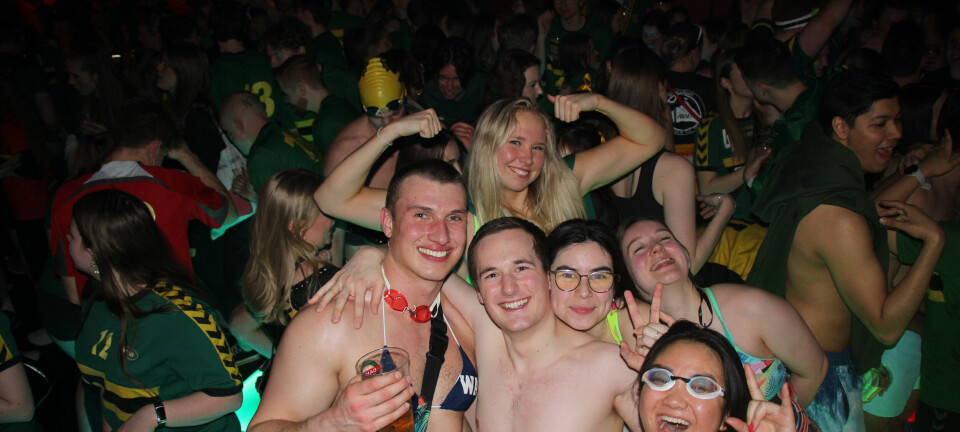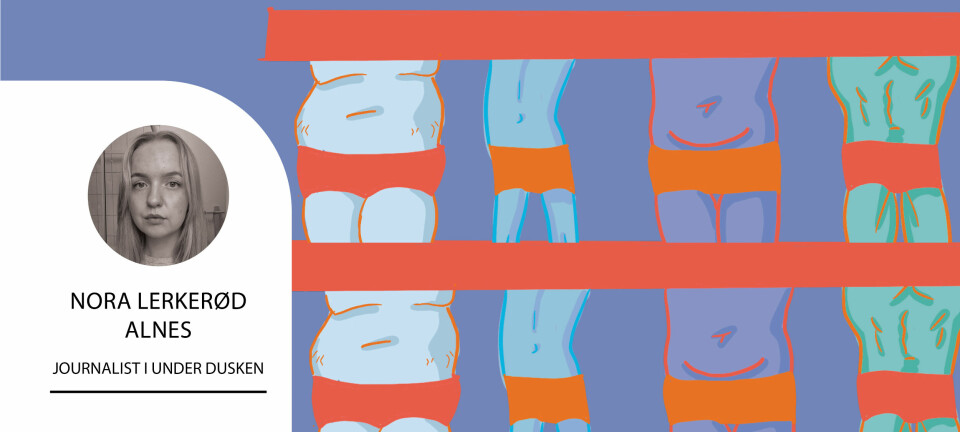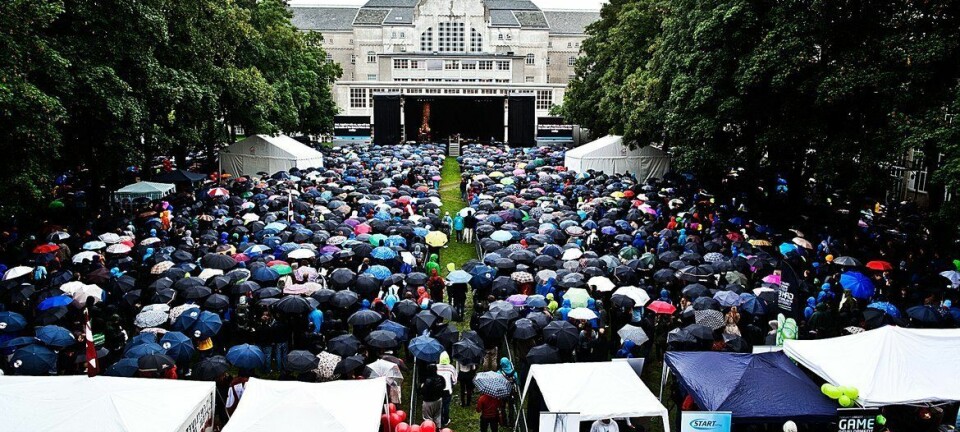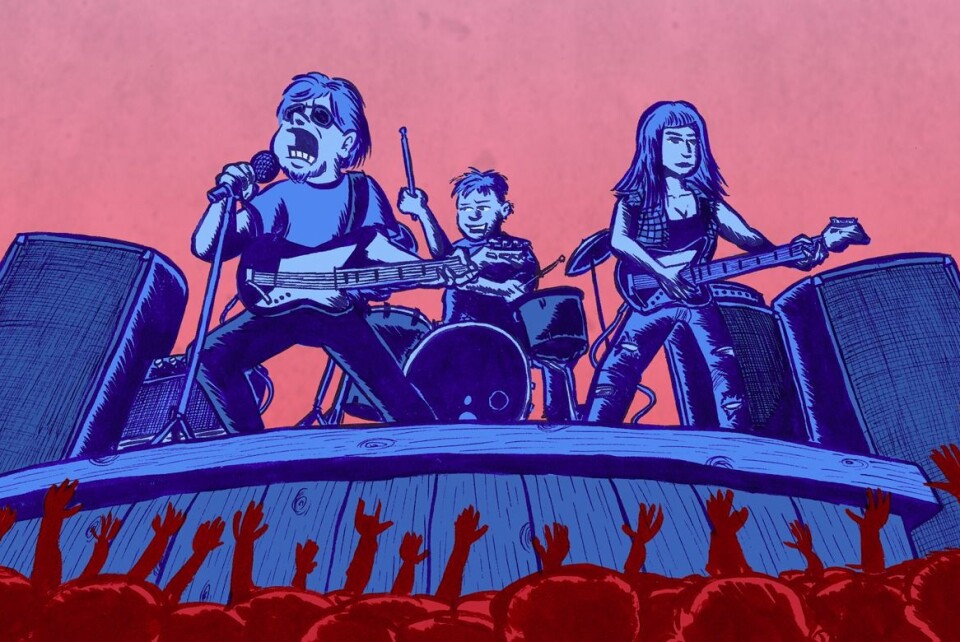
Underground is my utopia
Not everyone is supposed to love underground music. That is partly why the fans remain loyal. However, in a changing world, how is the genre adapting?
Music in the modern world is run by the internet, and with cannons pointing in every direction, the music industry is becoming more and more just that – an industry. Still, the rebellious and artsy indie genre of «underground» still exists. At the same time, it is changing along with the industry as a whole. How does «underground» survive, then?
According to Wikipedia, underground music «...comprises musical genres beyond mainstream culture. Any song that is not being legally commercialized is considered underground.» This definition sums it up, but may be a bit vague. However, it is hard to pin down one definition, since underground music includes anything outside of the mainstream. Three main hallmarks to look for is indie recording, low commercialisation and a band that appears to be writing music over selling out.
It is worth asking if the romantic image of e.g. Twisted Sister, who played the same club gig for a decade before breaking through, is an outdated formula. In a technological world, anyone can upload their track on Soundcloud or Bandcamp, for better and for worse. It gives the audience a large variety of music, and it gives artists a platform where they may grow. On the other hand, we become overwhelmed with music, where most of it is, sorry to say, mediocre. This is because we lack the concert bookers filtering what is worth a listen.
The opposite big city-problem is that because there are so many artists to choose between, bookers may not afford to take a chance on a new up-and-coming band, unless they have enough streams or a good album to show as their CV. Note that this is mostly in the bigger cities, where hosting a headliner is expensive. One solution is the so-called «concept night», where a label or booker gets to host a whole night at a club. Tickets are cheap and you may see three, four, maybe even five different, yet similar bands. This is a good opportunity for small bands to show off, and for us diggers to find new, undiscovered bands.
Having mapped out some of today’s aspects of underground music, I want to tell you about how some bands are choosing to play the game. Some have already acquired huge success, and some, I believe, we can expect to hear more about in the future.
False Heads and the concept night
I went to a False Heads concert on a type of concept night. Four different small bands played, and three of them really impressed me; the other two were Couples and Scrubs. The common themes between the three bands are politically aware rock, post-punk and a very clear indie production style. All three have a few recorded songs on Spotify, and False Heads even has an EP, but none have released a full album yet. I am looking forward to the day they do release one, and I assume that will make it more likely for them to sell out a larger arena, in contrast to this small gig in a pub basement.
All these three bands reminded me very much of how I imagine the underground live music from the 70s and 80s: crazy energetic shows and very politically charged images. Until they are invited on a tour to Trondheim, they are worth a stream online. At least False Heads, who has the most material to show. They can offer you dirty punk with a dominant and deliciously raw vocal. The simplistic take on old fashioned hard rock is right up my alley, so maybe it will suit you as well. Listen to «Retina» and «Wrap Up», both from their latest EP Less Is Better.
Shame, and how to sell out the underground style
When Shame visited Trondheim last June, I perceived them as super underground. I wondered how on earth such a small band came to Norway as a headliner, and not a supporting artist or special guest. Looking for tickets for their London show, I felt more naive and stupid. Shame is huge. Or, if not huge, they are no secret at all. With almost two million streams and a sold out show in Camden, they are clearly up there.
Yet, they are signed by a very indie record label, and not highly commercialised. Therefore, I would classify them as an underground band that got discovered, but did not sell out. To an old fashioned rock mind like me, I appreciate that. When I think about it, it is very impressive to sell out larger arenas, and still the band is perceived as a sort of secret.
The sound of Shame is indie and underground rock. Their post-punk, with certain dreamy elements, sounds timeless and like a typical British rock band to me. It alludes to the punk wave from the 70s are present in that way. Perhaps this is the recipe for how to sound underground, even though you’re beginning to see the starlights.
Read also: Review of Shame's record Songs of Paradise
Wet Dreams and the secret side project
The final band I want to highlight is Norwegian. We have many underground bands that are worth looking out for in our small country. Wet Dreams clearly wish to stay underground, and at the time you will only find three tracks uploaded on Spotify. However, I have witnessed that they probably have enough material for an album, or at least an EP. The fact that they don’t record and upload this, but rather play live than in a studio, is just what the hardcore underground audience love. They are doing it the old fashioned way, and it works for them, even in 2018.
There is, however, a specific reason why this works for Wet Dreams but not many other bands in 2018: Wet Dreams is a side project to all members. I am not claiming that their main projects are super commercial, and that the band is always up to sell their souls to cold-hearted businessmen, but Wet Dreams is even less so. Seemingly, this is a project just for fun, rather than for profit.
Read also: Wet Dreams visited Trondheim Calling


